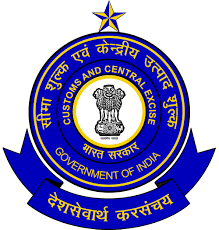
CBIC notifies Customs Manual 2025
NEW DELHI : The Central Board of Indirect Taxes and Customs (CBIC) has notified the Customs Manual 2025.
The CBIC Customs Manual 2025 comprises 36 chapters covering various aspects of customs functions and procedures. It begins with an overview of customs functions, followed by the procedures related to the arrival of conveyances and the clearance of imported and exported goods. The manual delves into faceless assessment and the classification of goods, including the classification and assessment of project imports, baggage, and postal imports. Customs valuation and provisional assessment procedures are also detailed.
Subsequent chapters address import/export restrictions and prohibitions, warehousing, cargo transshipment, and cargo consolidation. The manual explains the merchant overtime fee and the procedure for less charge demand. Refunds under the Customs and IGST Act, along with protocols for detention, release, and storage of goods, are discussed. It also covers import and export procedures via courier and post, and guidelines for importing samples.
Re-importation and re-exportation processes, along with the disposal of unclaimed or uncleared cargo, are outlined. Intellectual property rights enforcement, duty drawback procedures, and various export promotion schemes are explained. The manual provides insights into customs procedures related to Special Economic Zones (SEZs) and Export Oriented Units (EOUs).
Additionally, it discusses international passenger facilitation, the establishment of ICDs, CFSs, and AFSs, and the role of customs cargo service providers. The responsibilities and regulations concerning customs brokers, as well as the identification and handling of offences with associated penal provisions, are detailed. The processes for appeal, review, settlement of cases, and grievance redressal are also included.
The manual concludes with chapters on customs audits, the Authorized Economic Operator (AEO) Programme, and customs functions related to preferential trade agreements. This comprehensive guide serves as a vital resource for customs officials, importers, exporters, and other stakeholders involved in international trade.
